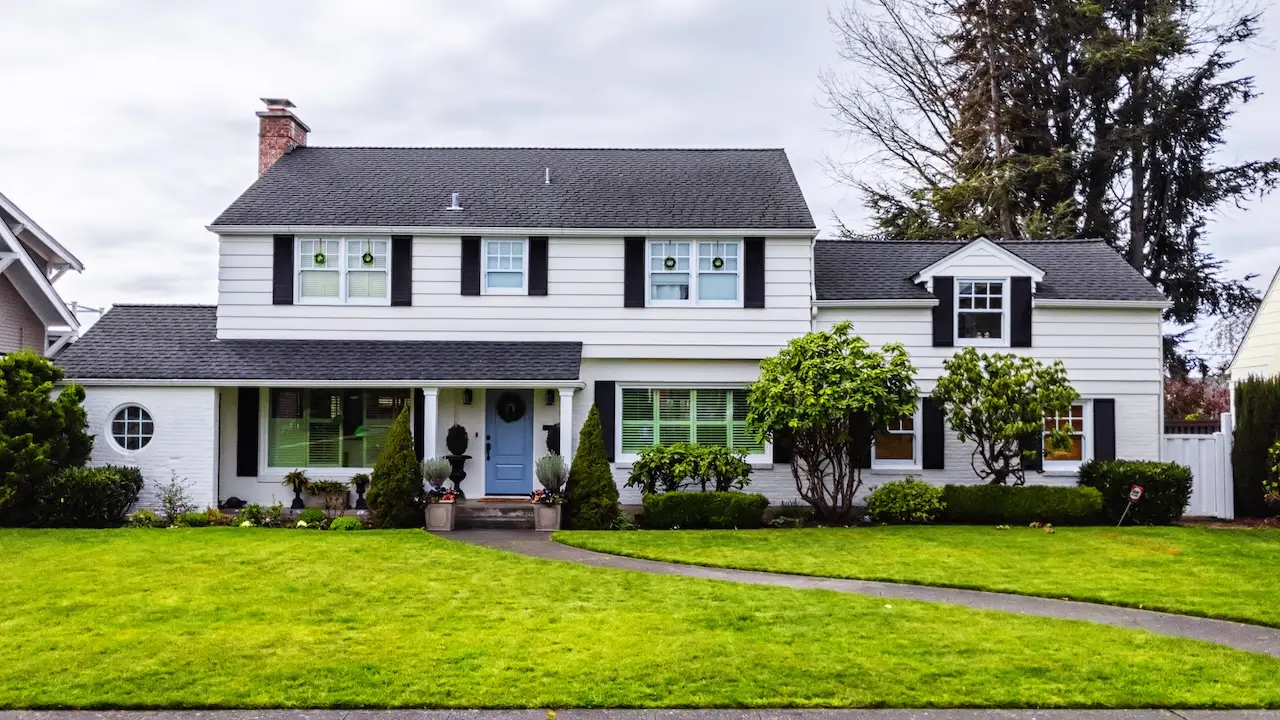Here’s a look at the consequences of converting to a bigger space for your home. Whatever the size of one’s present house, homeowners are prone to pursuing the desire to move to a larger house. But what’s often overlooked is the repercussions of having the largest house.
The upgrade to a larger space will also require facilities that accommodate the lifestyle of a larger than life that developers can offer.
The other costs are often ignored by prospective buyers who could later discover it difficult to manage the demands of the property.
Increased Investments
A large house requires more than just the initial expense.
Additional costs typically include the higher taxes on property due to an increase in property value, higher costs for maintenance in bigger spaces, and higher charges for utilities that are incurred by the extra space.
The ongoing costs of these expenses should be accounted for in your budget so that you don’t face any financial burden over the long term.
At first, the price in the building phase may seem like a great deal.
But, it’s crucial to take into account the financial consequences
Economic Factors
A large house requires more than just the initial expense.
Other expenses usually are higher property taxes due to an increase in property value, maintenance charges for larger spaces, as well as higher utility bills due to the additional area.
Being Ready Is Essential
First, review your financial status: your income, expenses and savings.
You should have cash set aside for emergencies. Make sure you keep your debt-to income ratio to 36 percent or less.
Being able to score a credit rating (above 700) will allow you to get lower mortgage rates. Additionally, you should get the loan pre-approved so you know the amount you can get.
Make sure that your monthly expenses include insurance and taxes are within your budget and do not exceed 28-30 percent of your income total.
Consider the cost of down payments, which may be between 10 and 20 percent of the house’s value and closing costs that typically are in between 2 and 5 cent.
It’s an ongoing financial commitment, so be sure you have the funds to pay for it, even if you retire.
If you purchase a larger house anticipate higher upfront costs including registration fees, down payment as well as higher interest rates because of the size of the loan.
Additionally everything boils down to a single question: do you really require the bigger space?
The appeal of an extra-large house, supported by the attractive price at times, encourages buyers to risk and switch.
Evaluating the Requirement for More Space
Before you move into a larger area, take a close look at your requirements. A larger home may appear appealing at first however, the long-term maintenance and the cost of utilities can be an expense.
The final word is that a big home can be an excellent purchase, however don’t be caught up in the initial cost.
Priorities for affordability and financial stability.
Make sure you plan your project thoroughly and think about the costs involved before embarking on the journey.
Consider if a bigger house is needed-do you require more space today or in the future taking into consideration the growth of your family?
What size of space do you require, say five years down the road?
It is important to note that the value of resales should be considered. Remember that bigger flats are more sought-after and are more valuable should it comes time to dispose of.
However, the ongoing costs are also more expensive. This requires prudent and accurate financial planning.
